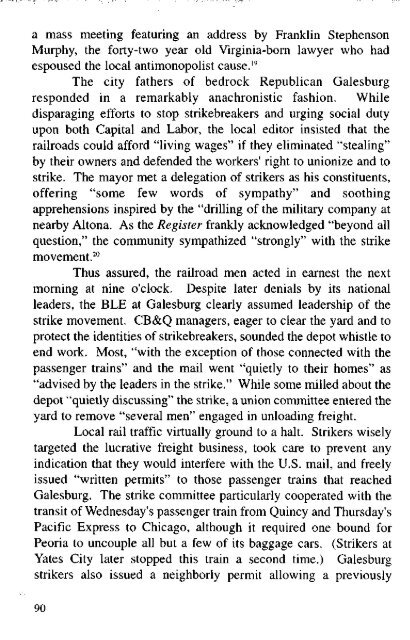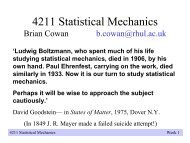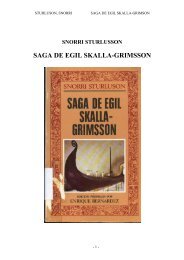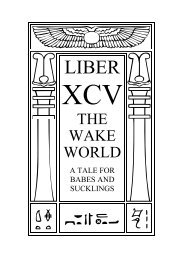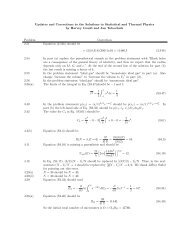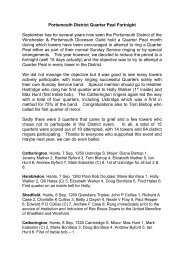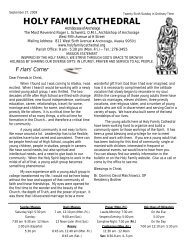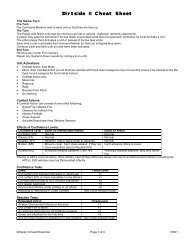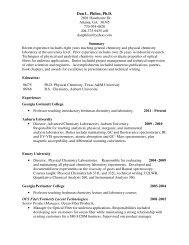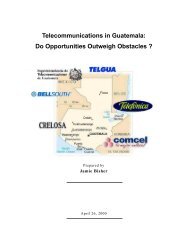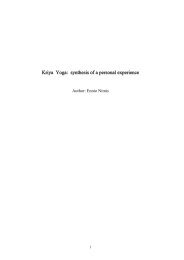"The Cruel Striker War" - NIU Digital Projects
"The Cruel Striker War" - NIU Digital Projects
"The Cruel Striker War" - NIU Digital Projects
You also want an ePaper? Increase the reach of your titles
YUMPU automatically turns print PDFs into web optimized ePapers that Google loves.
a mass meeting featuring an address by Franklin Stephenson<br />
Murphy, the forty-two year old Virginia-born lawyer who had<br />
espoused the local antimonopolist cause. 19<br />
<strong>The</strong> city fathers of bedrock Republican Galesburg<br />
responded in a remarkably anachronistic fashion. While<br />
disparaging efforts to stop strikebreakers and urging social duty<br />
upon both Capital and Labor, the local editor insisted that the<br />
railroads could afford "living wages" if they eliminated "stealing"<br />
by their owners and defended the workers' right to unionize and to<br />
strike. <strong>The</strong> mayor met a delegation of strikers as his constituents,<br />
offering "some few words of sympathy" and soothing<br />
apprehensions inspired by the "drilling of the military company at<br />
nearby Altona. As the Register frankly acknowledged "beyond all<br />
question," the community sympathized "strongly" with the strike<br />
movement. 20<br />
Thus assured, the railroad men acted in earnest the next<br />
morning at nine o'clock. Despite later denials by its national<br />
leaders, the BLE at Galesburg clearly assumed leadership of the<br />
strike movement. CB&Q managers, eager to clear the yard and to<br />
protect the identities of strikebreakers, sounded the depot whistle to<br />
end work. Most, "with the exception of those connected with the<br />
passenger trains" and the mail went "quietly to their homes" as<br />
"advised by the leaders in the strike." While some milled about the<br />
depot "quietly discussing" the strike, a union committee entered the<br />
yard to remove "several men" engaged in unloading freight.<br />
Local rail traffic virtually ground to a halt. <strong>Striker</strong>s wisely<br />
targeted the lucrative freight business, took care to prevent any<br />
indication that they would interfere with the U.S. mail, and freely<br />
issued "written permits" to those passenger trains that reached<br />
Galesburg. <strong>The</strong> strike committee particularly cooperated with the<br />
transit of Wednesday's passenger train from Quincy and Thursday's<br />
Pacific Express to Chicago, although it required one bound for<br />
Peoria to uncouple all but a few of its baggage cars. (<strong>Striker</strong>s at<br />
Yates City later stopped this train a second time.) Galesburg<br />
strikers also issued a neighborly permit allowing a previously<br />
90


